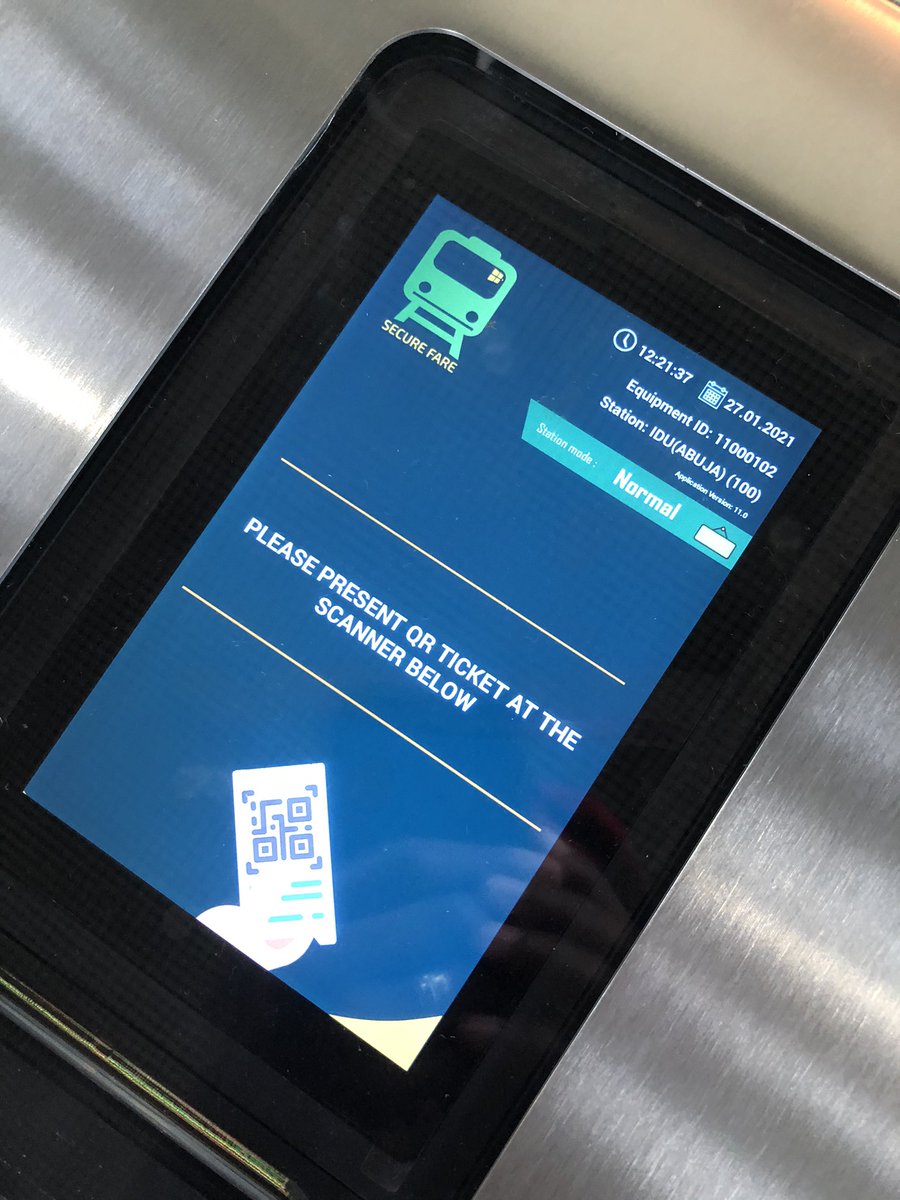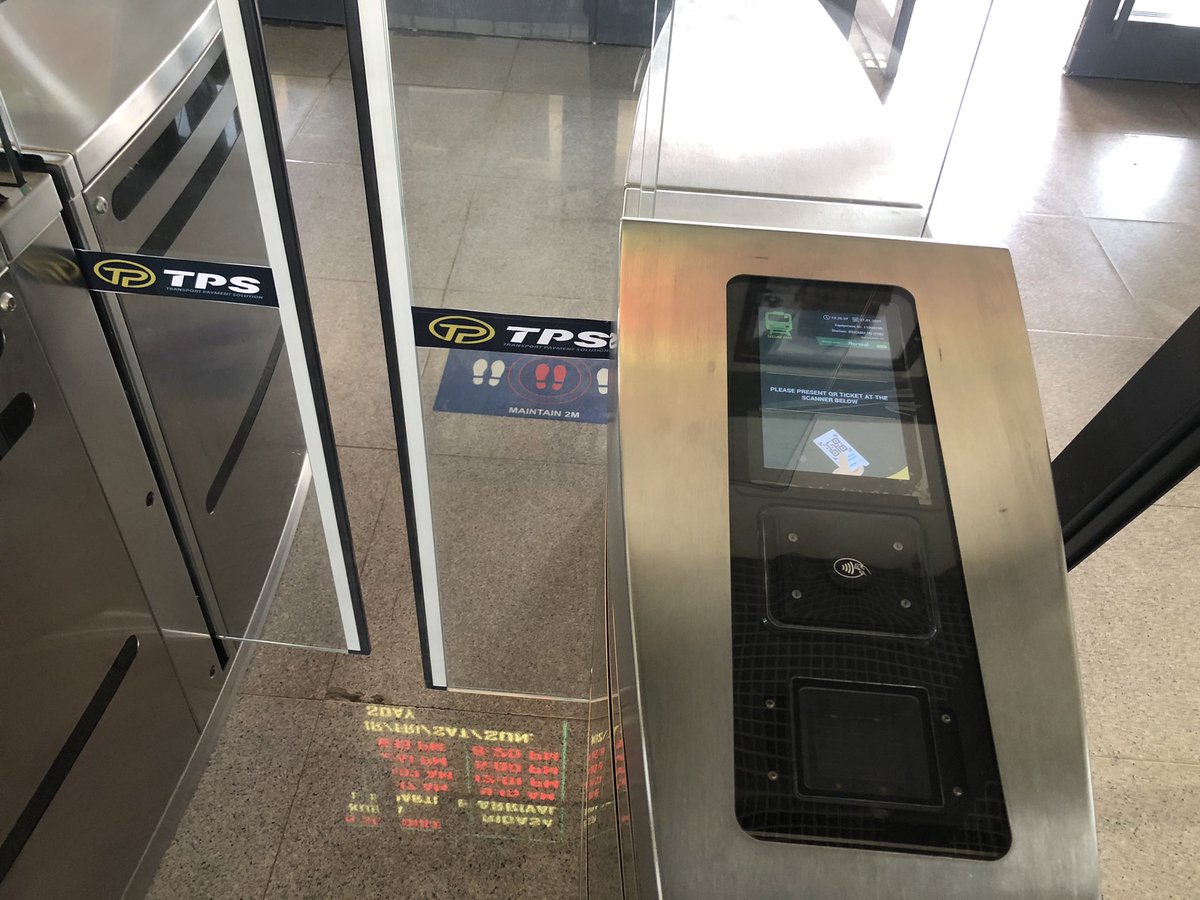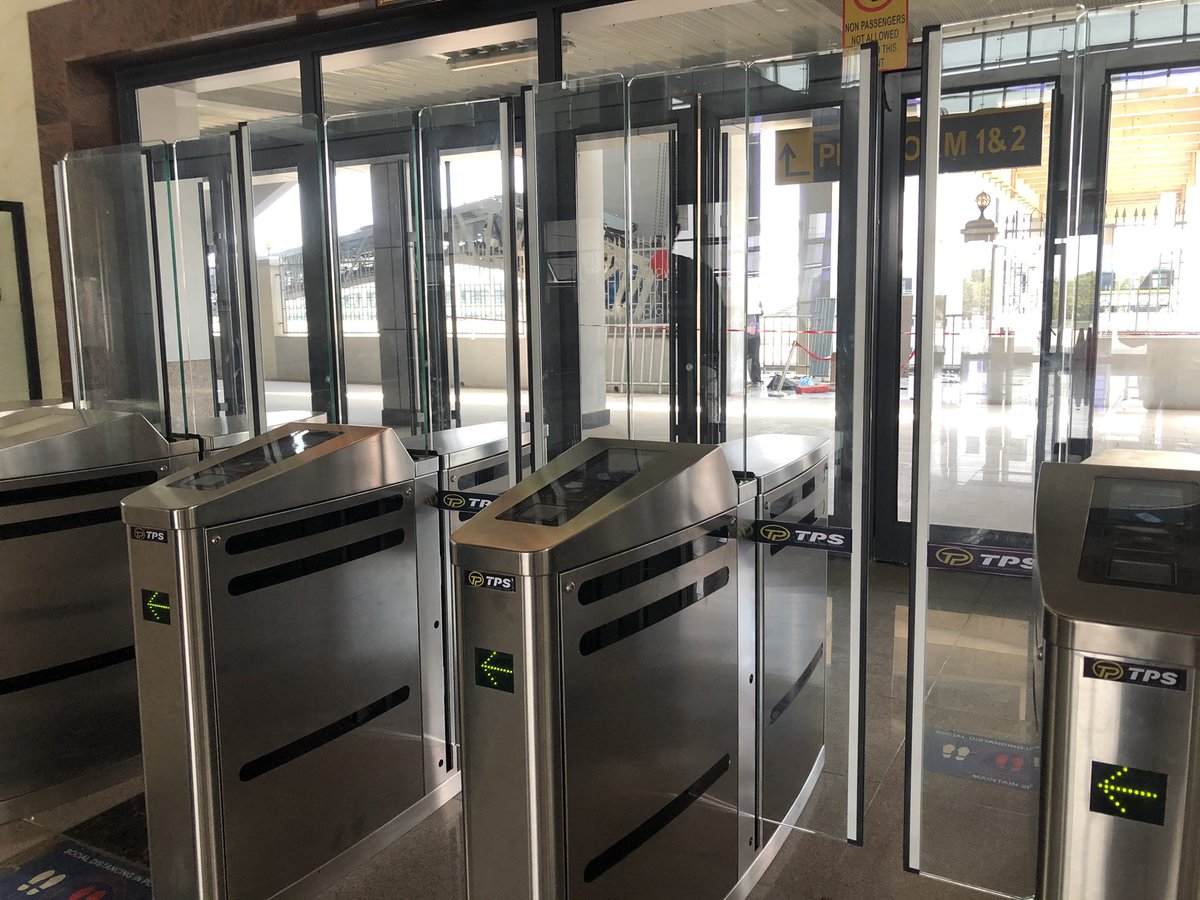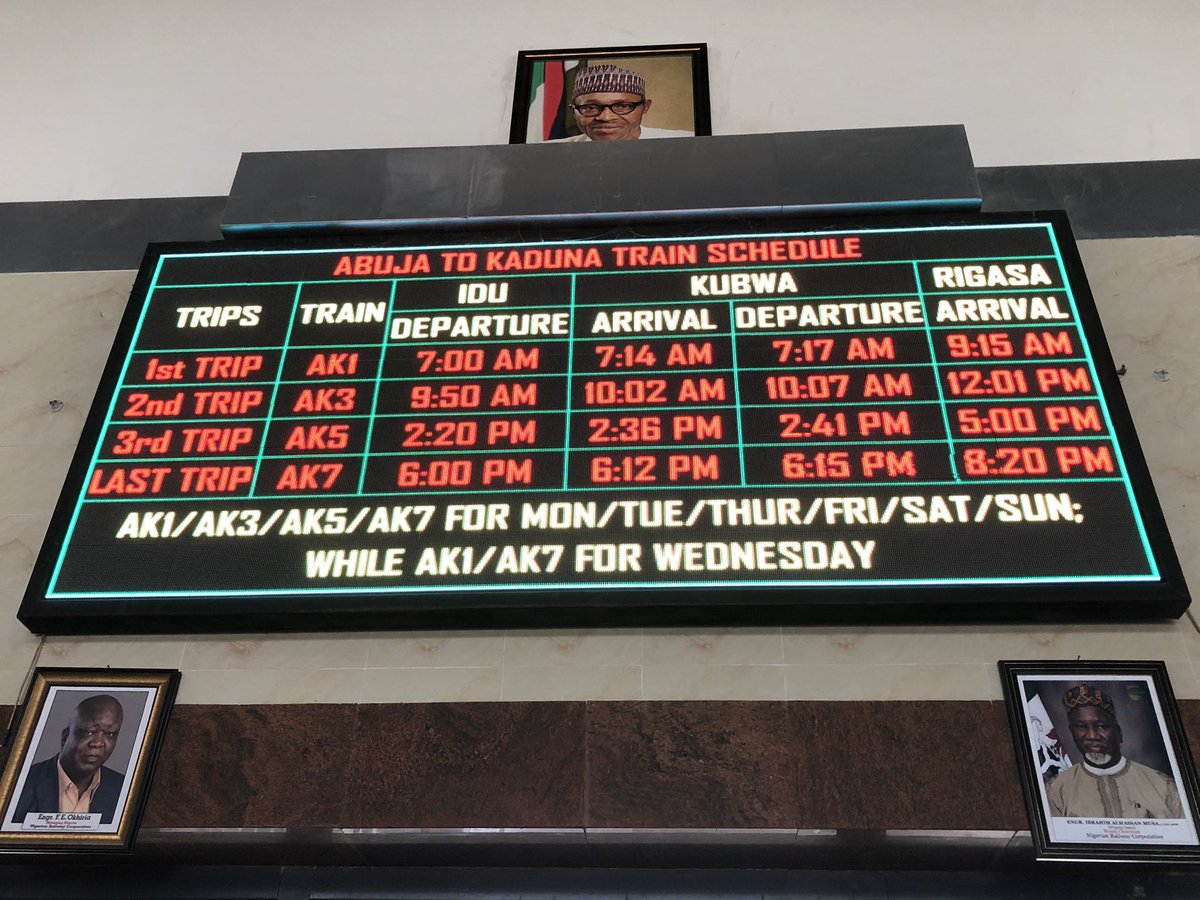
I think the big lesson here is that this vaccine allocation and distribution is a ‘constantly developing situation.’ The media and everyone else must approach it with that context. Plans and strategies can change anytime, even while the ultimate goal remains the same.
So we’ve seen Covax modify initial distribution arrangement for Nigeria. But timelines so far intact.
Note that Covax is not the only facility Nigeria will be benefiting from, there’s also the @_AfricanUnion one (which I imagine’ll be discussed at ongoing 34th Assembly Session).
Note that Covax is not the only facility Nigeria will be benefiting from, there’s also the @_AfricanUnion one (which I imagine’ll be discussed at ongoing 34th Assembly Session).
The WHO has also made it clear that there’s one milestone still to be crossed with the AZ vaccine - it has to be formally listed by it for emergency use. But this listing process is “ongoing” and outcome “expected soon.” 

Health reporting of this nature requires a level of nuance and context and journalistic responsibility that some Nigerian papers have consistently demonstrated they not only do not possess but are also incapable of developing. It’s a tragedy because misinformation is COSTLY.
I think the lessons for the public are clear. Always be wary of sensationalized reporting and headlines. Consider the vaccine situation a ‘developing situation’ - open to shifts in plans and strategies. Timelines as well could change. Many things are not cast in stone.
• • •
Missing some Tweet in this thread? You can try to
force a refresh








